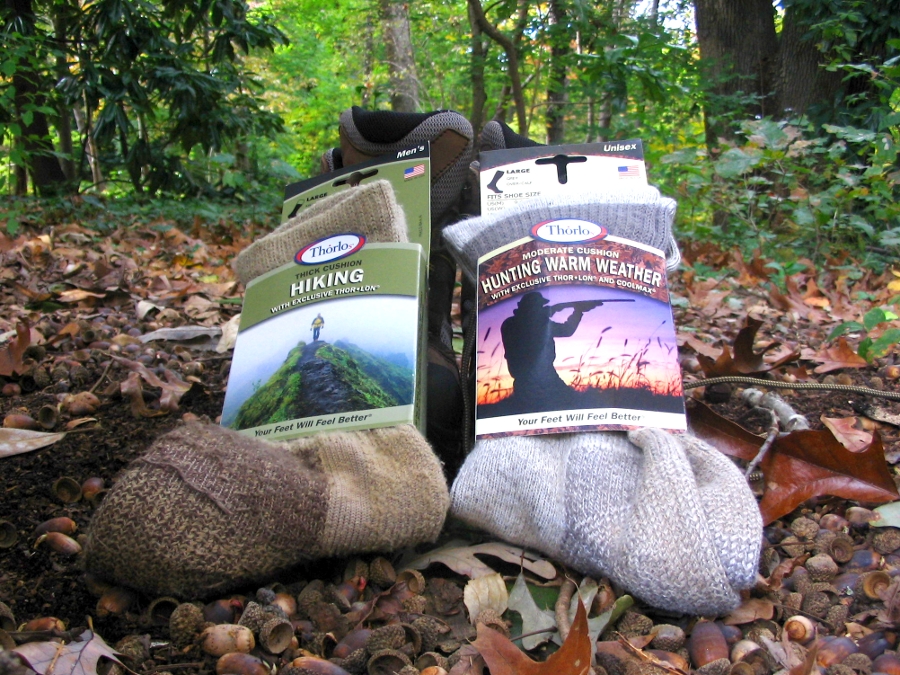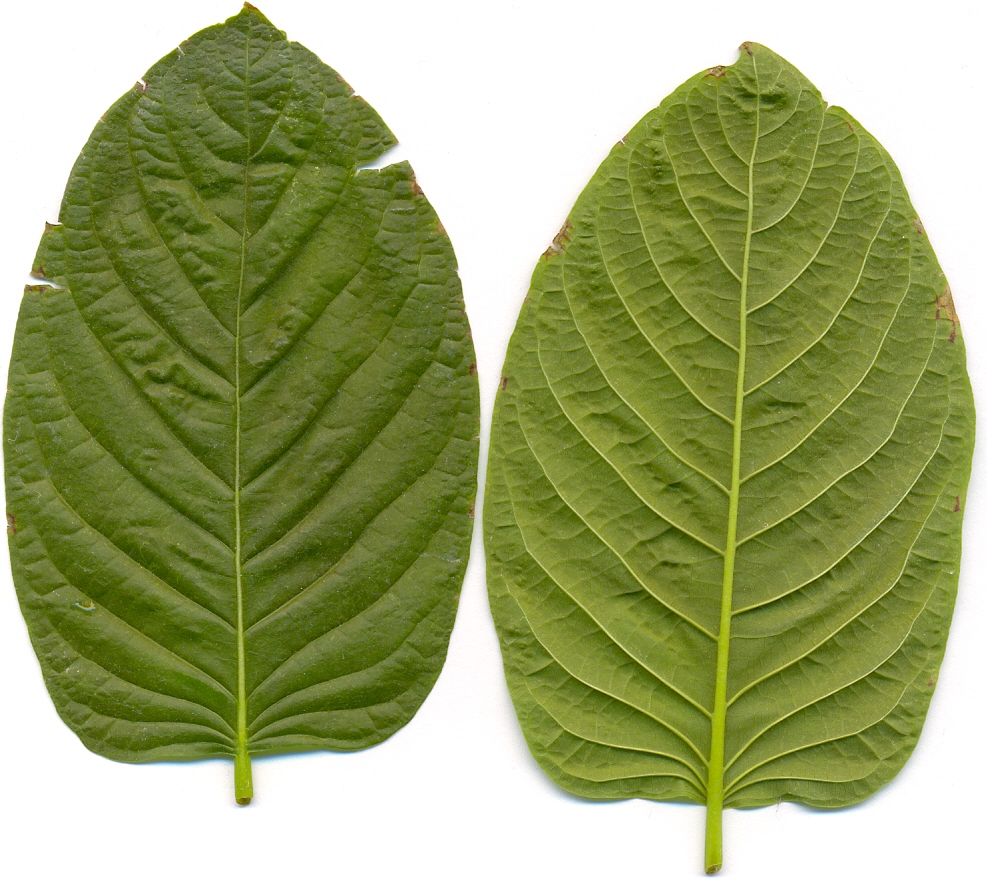Smelling dirty socks can give you a fungal infection
05/18/2019 / By Edsel Cook

A Chinese man had the habit of taking deep sniffs of his dirty socks after coming home from a long day at work. His unhygienic custom could have contributed to his recent stay in the hospital due to a fungal infection of the lungs.
First appearing on the Chinese media platform Pear Daily, the video article on the strange medical case reported that the patient went to the hospital after experiencing sharp pains in his chest. Healthcare providers diagnosed his lung infection and theorized that fungal spores present in his dirty socks could have led to his illness.
However, subsequent reports from local news sources could not provide essential details on the disease itself. For example, the reports identified the patient’s name as “Peng,” put his age at 37 years and identified him as a resident of Zhangzhou in China’s Fujian province. But none of the news mentioned the specific type of fungus that led to his lung infection. (Related: Smelly feet? Try soaking them in an apple cider vinegar foot bath.)
Expert says it is possible to get a fungal infection from sniffing dirty socks
William Schaffner of Vanderbilt University announced that it is technically feasible to contract a fungal infection by sniffing dirty socks that might contain spores from harmful fungi. However, he also noted that the chances of such a case were highly unlikely, based on his own considerable experience as a clinician.
Schaffner specializes in the study of infectious diseases. He was not in any way connected to the ongoing treatment of Peng but commented on the matter in the position of an interested observer.
100% organic essential oil sets now available for your home and personal care, including Rosemary, Oregano, Eucalyptus, Tea Tree, Clary Sage and more, all 100% organic and laboratory tested for safety. A multitude of uses, from stress reduction to topical first aid. See the complete listing here, and help support this news site.
In an interview, Schaffner noted that there were many documented cases of lung infections caused by breathing in large amounts of fungal spores. He went on to provide details on a pair of fungal diseases that got contracted in much the same way.
People who venture into caves and other areas that hosted bat populations run the risk of getting infected with histoplasmosis. The pathogenic spores responsible for the disease come from fungi growing on the droppings of the animals.
There is also San Joaquin Valley fever, a fungal infection with symptoms that resemble influenza. People catch this disease after inhaling spores from the Coccidioides fungus found throughout the western and southwestern United States.
“We don’t live in a sterile world, we’re surrounded by bacteria and fungi all the time,” Schaffner reminded his audience during an interview. “That doesn’t mean we’re definitely going to get sick, though.”
Always wash socks to get rid of fungal spores
Regarding the curious case of contracting an infection via lungfuls of fungal spores from dirty socks, Schaffner pointed out that the patient brought the source of the fungal spores right up to his nose daily. Peng also took many deep breaths, which meant he exposed himself to substantial doses of spores. Such a habit would have made anyone much more vulnerable to contracting an illness.
Schaffner also mentioned that a compromised immune system would increase the chances of a fungal infection taking place. In line with this observation, Chinese news reports stated that Peng suffered from that exact problem.
However, the reporters attributed Peng’s weakened immune system to insufficient amounts of rest. Schaffner scoffed at this explanation since a shortage of rest was not going to be enough to bring down the natural defenses of the body.
Schaffner concluded that people should always thoroughly wash used socks and laundry as a health precaution. However, he also assured his listeners that it was safe to sniff a fresh sock once or twice to check its cleanliness before putting it on.
Sources include:
Tagged Under: camping, China, clothes, clothing, dirty socks, Diseases, fungal infection, Fungi, infections, Laundry, lung infections, Lungs, proper hygiene


















